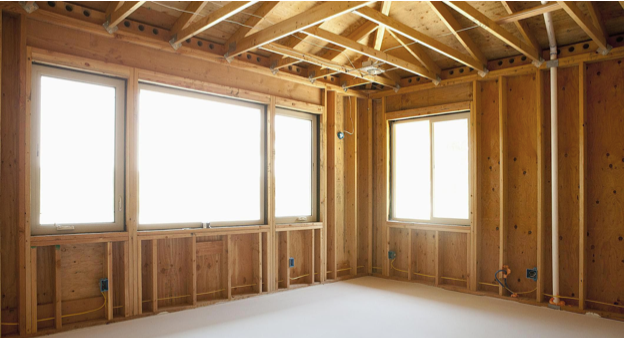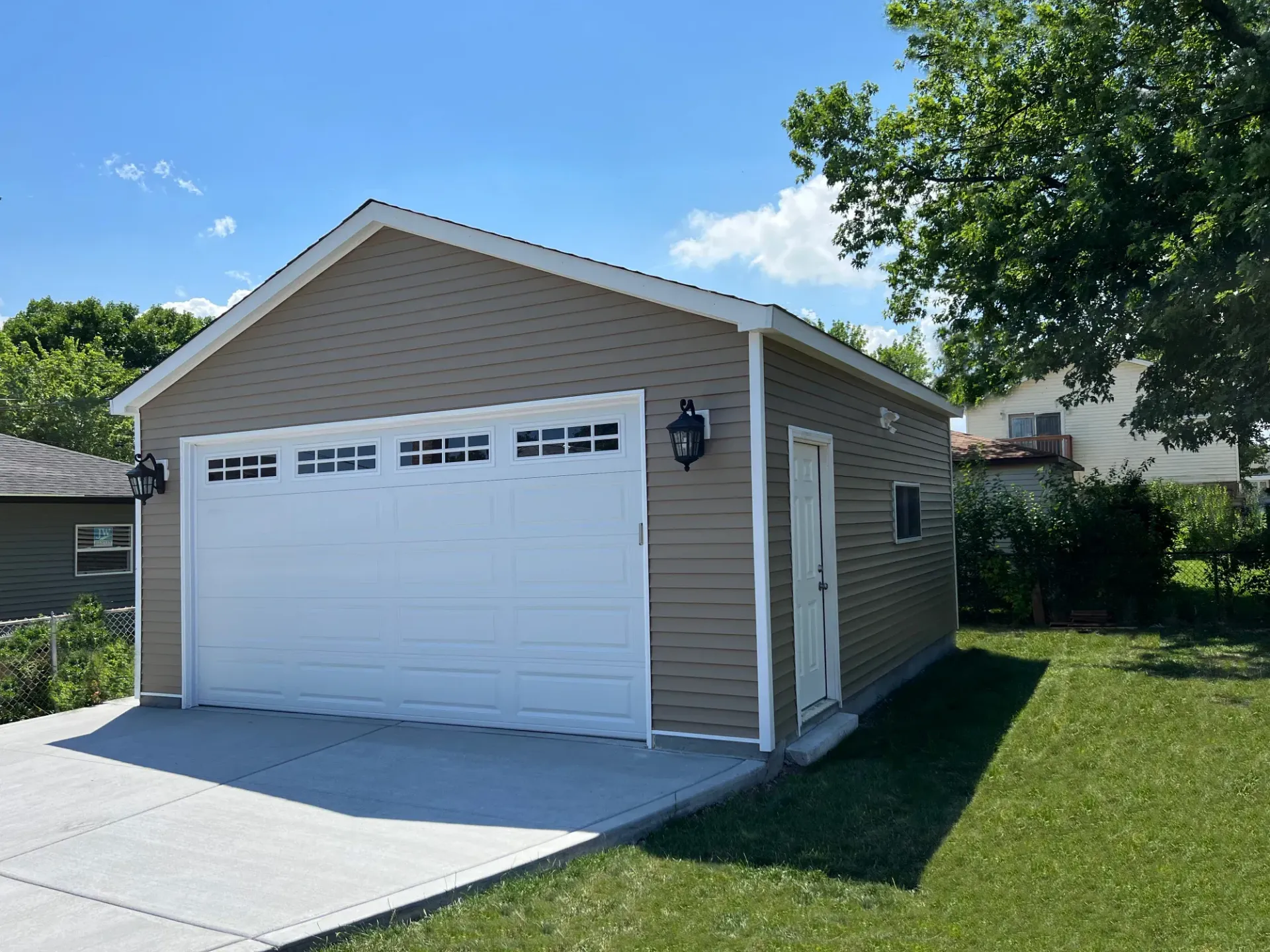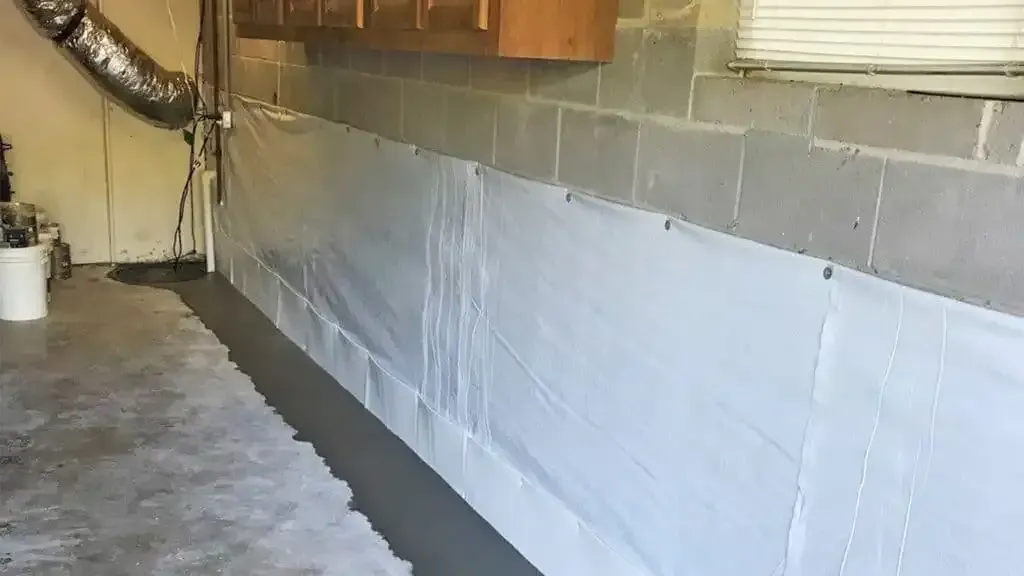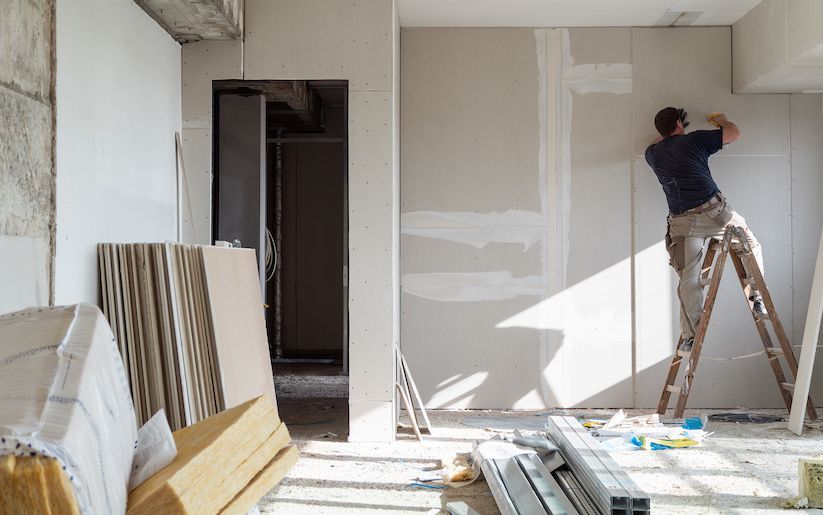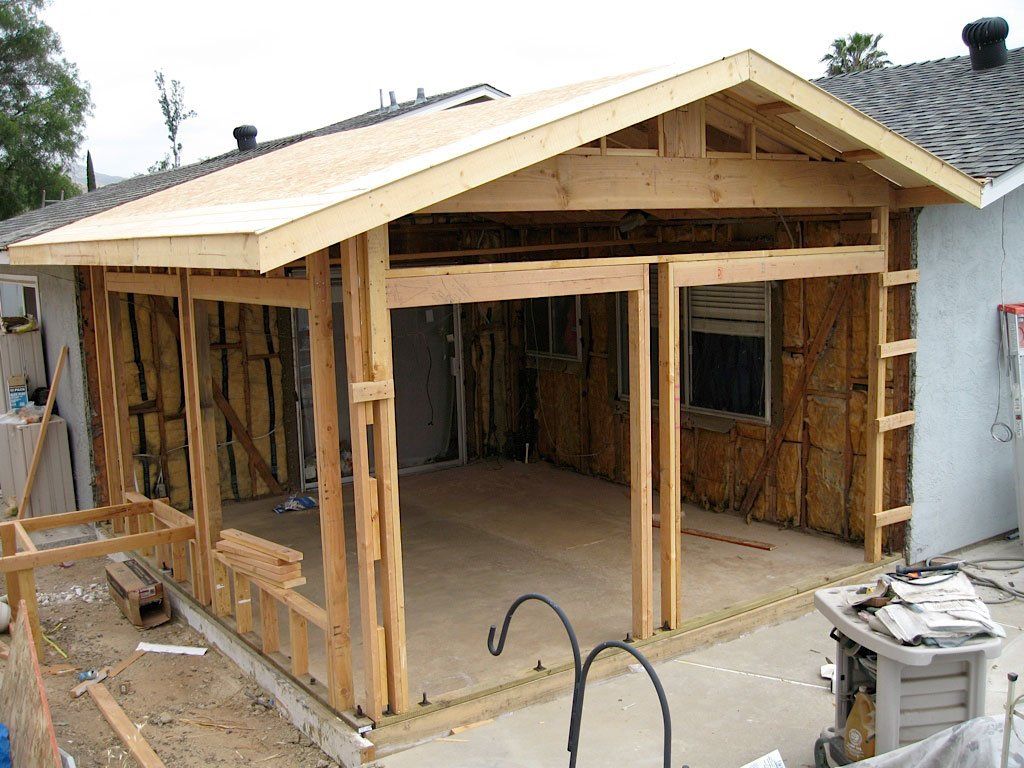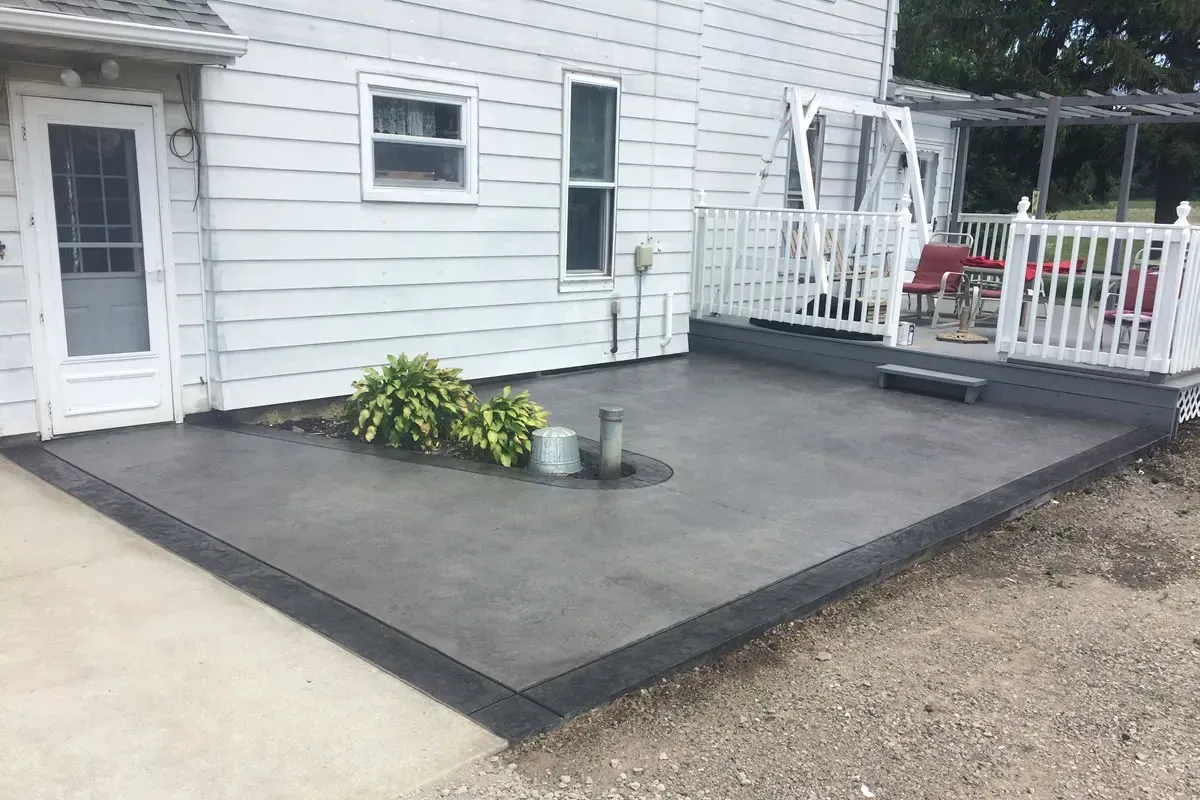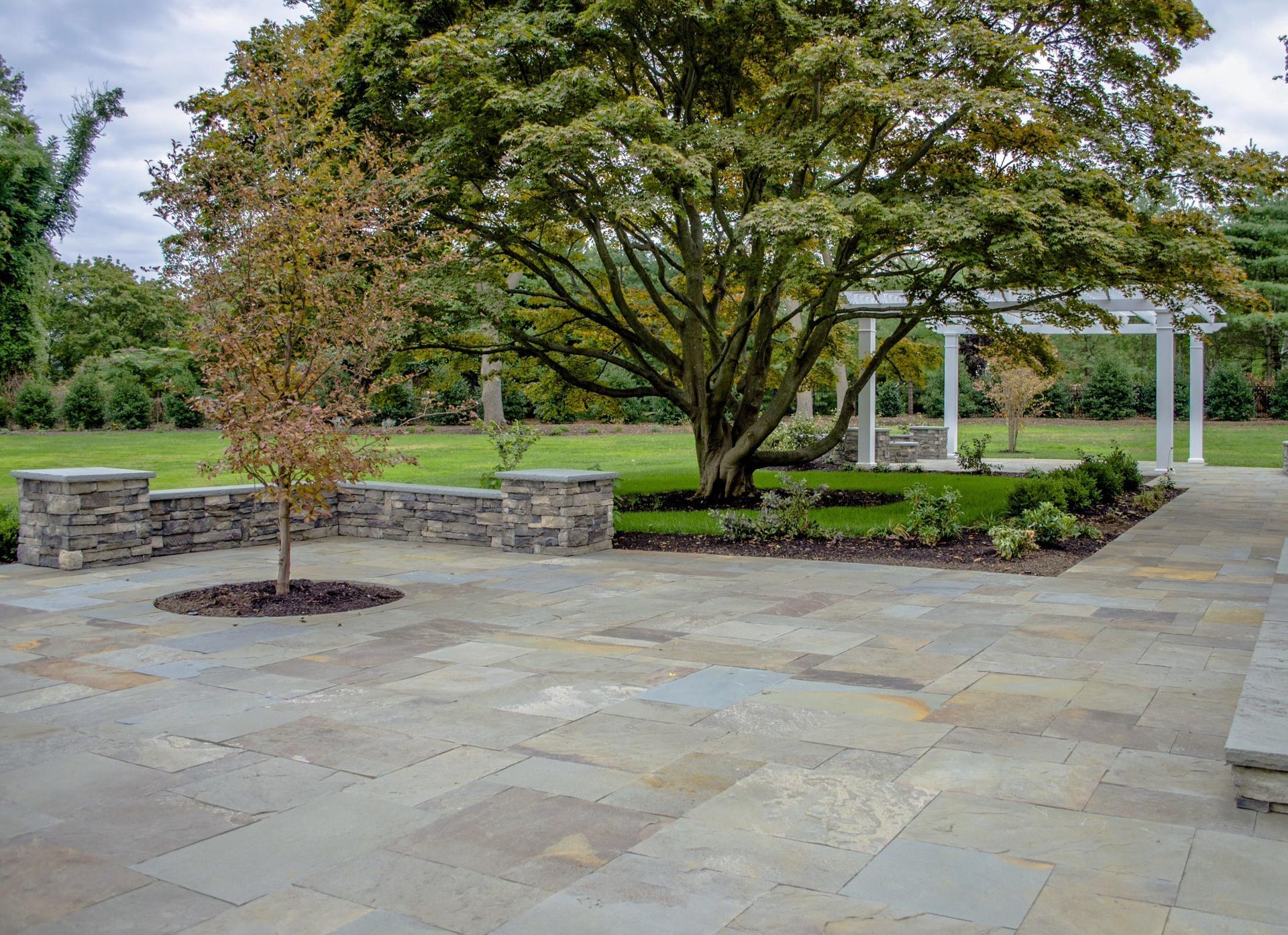5 Energy Efficient Garage Upgrades for New England Winters
The most effective energy-efficient garage upgrades for New England winters are:
1) Insulated garage doors (R-16+)
2) Wall and ceiling insulation (R-19 walls, R-38 ceiling)
3) Air sealing and weatherstripping
4) Energy-efficient heating systems
5) Smart garage door openers with insulation.
These upgrades can reduce energy costs by 20-40% while preventing freeze damage in New England's harsh winters.
Why Energy Efficiency Matters in New England Garages
New England's Extreme Winter Conditions
The region's challenging climate demands strategic energy planning:
- Temperature extremes: -10°F to 15°F common across the region
- Rhode Island winters: 20-30°F average lows with coastal wind chill
- Massachusetts and Connecticut: Similar patterns with urban heat islands
- Northern New England: Vermont, New Hampshire, Maine see -20°F or lower
- High heating costs: $2,000-4,000+ annually for typical homes
Energy Cost Impact
Uninsulated garages create significant energy waste:
- 25-30% heat loss through attached garage walls
- $300-600 annually in wasted energy for average New England homes
- Frozen pipe risks costing $1,000-5,000+ in damage
- Vehicle battery failure from extreme cold exposure
- Reduced home comfort in adjacent rooms
Regional Energy Rates (2025)
- Rhode Island: $0.22-0.28 per kWh (highest in region)
- Massachusetts: $0.20-0.25 per kWh
- Connecticut: $0.18-0.24 per kWh
- New Hampshire: $0.16-0.22 per kWh
- Vermont: $0.14-0.20 per kWh
- Maine: $0.13-0.19 per kWh
Upgrade #1: Insulated Garage Doors (Highest Impact)
Why This Upgrade Ranks #1
Garage doors represent the largest single surface area exposed to New England's brutal winters:
- Up to 40% of garage heat loss occurs through uninsulated doors
- Immediate comfort improvement when entering garage
- R-16 to R-18 doors reduce energy loss by 60-70%
- Quick payback period: 3-5 years in high-cost areas like Rhode Island
Best Insulated Door Options for New England
Steel Doors with Polyurethane Insulation
Premium choice for harsh winters:
- R-16 to R-18 value providing superior thermal protection
- Polyurethane foam core won't settle or degrade
- Steel construction withstands freeze-thaw cycles
- Wind resistance handles coastal storms and nor'easters
Composite and Aluminum Options
Alternative materials for specific conditions:
- Aluminum with thermal breaks excellent for coastal Rhode Island
- Composite materials resist moisture and salt air
- R-12 to R-16 values still significant improvement over uninsulated
- Lower maintenance in harsh coastal environments
Installation Considerations for New England
- Professional installation ensures proper sealing
- Wind load ratings important for coastal areas
- Track and hardware upgrades may be needed for heavier doors
- Weather sealing integration critical for maximum efficiency
Cost and Savings Analysis
- Investment: $1,200-3,500 for quality insulated door
- Annual energy savings: $150-400 depending on region
- Additional benefits: Noise reduction, increased home value
- ROI: 15-25% annually in high-cost energy markets
Upgrade #2: Comprehensive Wall and Ceiling Insulation
Insulation Requirements for New England Climate
Recommended R-Values by Region
- Southern New England (RI, Southern MA/CT): R-19 walls, R-38 ceiling
- Central New England: R-21 walls, R-49 ceiling
- Northern New England: R-21+ walls, R-49-60 ceiling
- Basement walls: R-15 continuous insulation recommended
Best Insulation Types for New England Garages
Spray Foam Insulation (Premium Option)
Ideal for New England's temperature extremes:
- R-6 to R-7 per inch maximizing thermal protection
- Complete air sealing eliminating drafts and air leaks
- Moisture resistance crucial for humid summers and freeze-thaw cycles
- Long-term performance won't settle or degrade
Benefits specific to New England:
- Prevents ice dams by eliminating thermal bridging
- Reduces condensation in temperature swing conditions
- Professional installation ensures code compliance
- 25-year+ lifespan excellent long-term investment
Fiberglass Batt with Vapor Barriers
Cost-effective solution for budget-conscious homeowners:
- R-13 to R-19 options for standard 2x4 and 2x6 construction
- DIY installation possible with proper vapor barrier techniques
- Lower upfront cost at $1.00-2.00 per square foot
- Good performance when properly installed without gaps
Rigid Foam Board Systems
Excellent for existing finished garages:
- R-5 to R-6.5 per inch depending on foam type
- Continuous insulation over existing walls
- Moisture resistance important for concrete block construction
- Easy installation over existing surfaces
Blown-In Ceiling Insulation
Most cost-effective ceiling upgrade:
- R-38 to R-60 achievable depths for New England requirements
- Complete coverage of irregular ceiling spaces
- Professional installation ensures proper density and coverage
- Excellent ROI with quick payback in harsh climates
Upgrade #3: Complete Air Sealing and Weatherstripping
Critical Air Leak Sources in New England Garages
Primary Infiltration Points
- Garage door perimeter: Largest source of air leaks
- Windows and entry doors: Significant heat loss pathways
- Electrical penetrations: Often overlooked but substantial
- Plumbing penetrations: Common in attached garages
- Rim joist areas: Major leakage point to living spaces above
Professional Air Sealing Strategies
Advanced Sealing Materials
Superior performance in New England's harsh conditions:
- Polyurethane sealants remain flexible in temperature extremes
- Expanding foam for larger gaps and irregular openings
- Butyl rubber for long-term exterior applications
- Acoustical sealant for sound and air barrier applications
Weatherstripping Solutions
Essential for New England's windy conditions:
- Magnetic weatherstripping for steel garage doors
- Bulb-type seals for consistent compression
- Door sweeps with adjustable height settings
- Threshold seals for entry doors
Energy Savings from Air Sealing
- 15-25% reduction in heating costs typical
- Improved comfort eliminating drafts and cold spots
- Enhanced insulation performance by preventing air bypass
- Cost: $300-800 for professional air sealing\
Upgrade #4: Energy-Efficient Garage Heating Systems
Heating Options Ranked by Efficiency
Cold-Climate Heat Pumps (Highest Efficiency)
Revolutionary technology for New England winters:
- 300-400% efficiency even at -15°F outdoor temperatures
- Mitsubishi and Daikin leading cold-climate performance
- Heating and cooling year-round comfort
- Rebates available up to $1,500 in many New England states
Performance in New England conditions:
- Effective to -15°F newer models perform to -25°F
- Automatic backup resistance heating when needed
- Zone control heat only occupied areas
- Operating cost: $0.08-0.15 per hour depending on model
High-Efficiency Electric Systems
Clean and reliable for well-insulated garages:
- Electric baseboard with programmable thermostats
- Radiant floor heating for workshops and converted spaces
- Electric unit heaters with high-efficiency ratings
- Operating cost: $0.15-0.25 per hour in Rhode Island
Natural Gas Solutions
Lower operating costs where available:
- Modulating gas unit heaters adjust output to demand
- Direct-vent systems no indoor air combustion
- Professional installation required for safety
- Operating cost: $0.08-0.15 per hour typical
Smart Heating Controls
Maximize efficiency with modern technology:
- Programmable thermostats with 7-day scheduling
- Smart thermostats with smartphone control and learning
- Occupancy sensors heat only when garage is in use
- Integration with home automation systems
Upgrade #5: Smart Garage Door Openers with Insulation Features
Modern Opener Technology Benefits
Energy-Efficient Motor Systems
Latest technology delivers multiple benefits:
- DC motor drives use 75% less energy than traditional models
- Variable speed operation reduces wear and energy consumption
- Battery backup maintains operation during power outages
- WiFi connectivity allows remote monitoring and control
Integrated Insulation Features
Smart openers enhance thermal performance:
- Thermal break construction in premium models
- Weatherstrip monitoring alerts for replacement needs
- Automatic sealing ensures tight closure every time
- Insulation compatibility designed for heavy insulated doors
Smart Features for New England Winters
Technology addressing regional challenges:
- Ice and snow detection prevents opener damage
- Temperature monitoring alerts for freeze conditions
- Remote operation start vehicles remotely for warming
- Security features monitoring for unexpected opening
Cost-Benefit Analysis
- Investment: $400-800 for smart opener with installation
- Energy savings: $50-150 annually through improved efficiency
- Convenience value: Priceless during New England storms
- Enhanced security and home integration benefits
Regional Energy Efficiency Programs and Rebates
Rhode Island Energy Efficiency Programs
- Residential rebates up to $6,000 for comprehensive improvements
- Heat pump incentives $500-1,500 for qualifying systems
- Insulation rebates covering 30-50% of material costs
- Free energy audits identifying priority improvements
Massachusetts Programs (Mass Save)
- Comprehensive rebates for multiple efficiency measures
- No-interest financing for qualified improvements
- Air sealing incentives professional services at reduced cost
- Heat pump rebates up to $10,000 for qualifying systems
Connecticut Energy Efficiency Programs
- Energize Connecticut rebates for insulation and heating
- Home Energy Solutions comprehensive improvement packages
- Heat pump incentives significant rebates for cold-climate models
- Financing options zero-percent loans available
Vermont and New Hampshire Programs
- Efficiency Vermont comprehensive residential programs
- New Hampshire Saves similar structure with local utilities
- Rural energy programs additional assistance for qualifying areas
- Weatherization assistance for income-qualified households
Maine Efficiency Programs
- Efficiency Maine statewide rebate programs
- Heat pump incentives among the most generous in New England
- Financing programs making improvements affordable
- Weatherization services comprehensive packages available
Installation Timeline and Project Planning
Optimal Timing for New England Projects
Fall Installation Benefits (September-November)
- Contractor availability before peak heating season
- Material availability better selection and pricing
- Weather cooperation mild temperatures for installation work
- Immediate benefits ready for first cold snap
Winter Installation Challenges
- Higher contractor demand emergency repairs take priority
- Material delays weather-related shipping issues
- Installation difficulties working in cold conditions
- Higher costs premium pricing during peak season
Phased Implementation Strategy
Budget-conscious approach for maximum impact:
Phase 1: Air Sealing and Weatherstripping (Fall)
- Immediate impact on comfort and energy use
- Low cost high return improvements
- DIY potential for handy homeowners
- Foundation for other improvements
Phase 2: Insulation Upgrades (Late Fall/Early Winter)
- Maximum thermal improvement before coldest weather
- Professional installation ensures quality and code compliance
- Rebate optimization combining multiple improvements
- Significant energy savings starting immediately
Phase 3: Heating System Installation (Winter/Early Spring)
- Optimal sizing after insulation improvements reduce load
- Rebate maximization combining with other efficiency measures
- Professional design ensures proper system sizing
- Spring completion ready for next winter season
Phase 4: Door and Opener Upgrades (Spring/Summer)
- Best pricing outside of peak demand periods
- Installation convenience better weather conditions
- Complete system integration with previous improvements
- Maximum benefit ready for following winter
Professional vs. DIY Considerations
DIY-Appropriate Projects
New England homeowners can typically handle:
- Basic weatherstripping installation and maintenance
- Garage door insulation kits with detailed instructions
- Simple air sealing with caulk and expanding foam
- Programmable thermostat installation for electric systems
Professional Installation Recommended
Complex projects requiring expertise:
- Spray foam insulation application requires specialized equipment
- Electrical work for heating systems and smart openers
- Gas heating installation safety and code compliance critical
- Structural modifications may be needed for some upgrades
Choosing New England Contractors
Essential Qualifications
- Regional experience understanding New England climate challenges
- Energy efficiency specialization familiar with local programs
- Proper licensing and insurance coverage
- Local references from recent similar projects
Questions to Ask Contractors
- Experience with energy efficiency programs and rebates
- Understanding of local building codes and requirements
- Warranty coverage on materials and workmanship
- Timeline expectations and weather contingency plans
Long-Term Performance and Maintenance
Maximizing Investment Returns
Annual Maintenance Schedule
Preserve efficiency improvements:
- Fall: Inspect weatherstripping and seals
- Winter: Monitor heating system performance
- Spring: Check insulation for settling or damage
- Summer: Prepare systems for next winter season
Performance Monitoring
Track your energy savings:
- Utility bill comparison year-over-year analysis
- Smart thermostat data detailed usage patterns
- Home energy monitoring systems for comprehensive tracking
- Professional energy audits every 5-10 years for optimization
Upgrade Evolution Planning
Prepare for future improvements:
- Electric vehicle charging preparation during electrical work
- Solar integration potential with efficient garage systems
- Smart home expansion building automation-ready systems
- Technology updates planning for advancing efficiency options
Return on Investment Analysis
Comprehensive ROI Calculations
High-Cost Energy Markets (Rhode Island, Massachusetts)
- Total investment: $8,000-15,000 for all five upgrades
- Annual energy savings: $800-1,500 typical range
- Payback period: 5-10 years depending on scope
- 30-year savings: $15,000-35,000 potential
Moderate-Cost Markets (Connecticut, New Hampshire)
- Total investment: $8,000-15,000 for comprehensive upgrades
- Annual energy savings: $600-1,200 typical range
- Payback period: 7-12 years average
- Long-term value: Significant comfort and resale benefits
Lower-Cost Markets (Vermont, Maine)
- Total investment: Similar material and labor costs
- Annual energy savings: $400-900 depending on usage
- Payback period: 10-15 years in rural areas
- Additional benefits: Comfort, reliability, home value
Beyond Energy Savings
Additional value considerations:
- Home resale value increase of 2-5%
- Comfort improvement quantifiable quality of life
- Equipment protection preventing freeze damage
- Insurance benefits potential premium reductions
Ready to transform your garage into an energy-efficient space that stands up to New England's harsh winters?
Rockhouse Construction specializes in comprehensive garage energy efficiency upgrades throughout Rhode Island and southeastern New England. Our experienced team understands regional climate challenges and can design a customized improvement plan that maximizes your energy savings and comfort. From insulation and air sealing to heating systems and smart garage door installation, we deliver proven solutions that perform in our demanding climate.
Contact us today for a free energy assessment and estimate on your garage efficiency upgrades.



